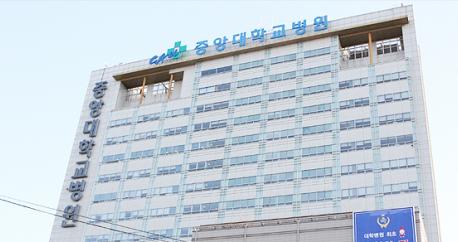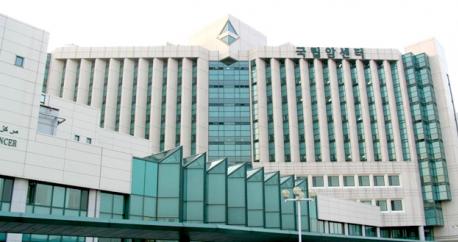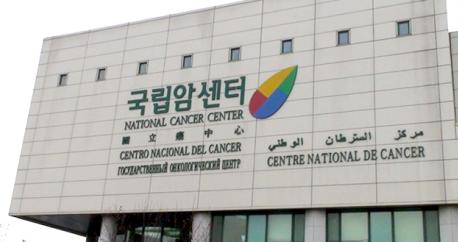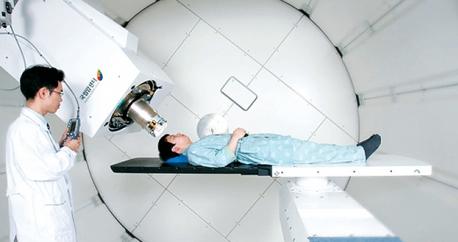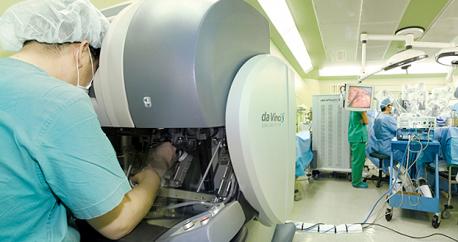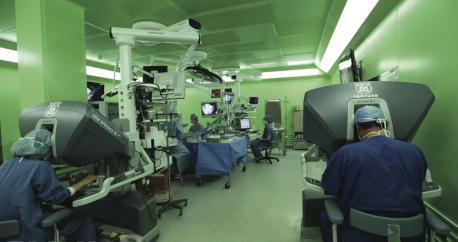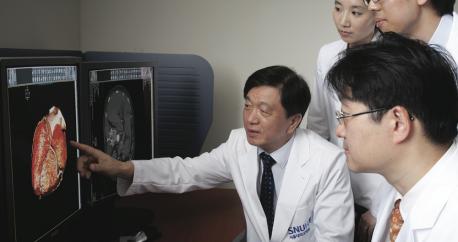It is the disease becoming malignant tumors eventually due to the Infinite division of prostate cells and abnormal growth and it can spread easily to other tissues nearby withtout confining to the prostate and it transits to other organs through blood or lymphatic vessel. Age (prostate cancer is increased in proportion to age as the most important risk factor), ethnicity, hormones, family history, diabetes, obesity and etc. and in addition, there are many other factors estimated affecting in prostate cancer.
Prostate Cancer
It is the disease becoming malignant tumors eventually due to the Infinite division of prostate cells and abnormal growth and it can spread easily to other tissues nearby without confining to the prostate and it transits to other organs through blood or lymphatic vessel. Age (prostate cancer is increased in proportion to age as the most important risk factor), ethnicity, hormones, family history, diabetes, obesity and etc. and in addition, there are many other factors estimated affecting in prostate cancer.
Symptoms of Prostate Cancer
If topical cancer, often asymptomatic and the most common symptoms of general prostate cancer which can occur, are as follows;
- Voiding symptoms such as frequent urination, nighttime polyuria, dysuria and urgency
- Constipation when the invasion of rectum, abdominal pain, rectal bleeding, intermittent diarrhea, etc.
- Hemospermia
- Side pain by hydronephrosis due to ureteral obstruction
- Bone pain due to bone metastases
- Neurological symptoms and fractures due to spinal cord compression
Diagnosis of Prostate Cancer
- 1) Rectal examination
- 2) Serum prostate-specific antigen (psa) test
The most important tumors marker to diagnose prostate cancer as tissue-specific proteins produced by prostate. - 3) Transrectal ultrasound and biopsy
It is the method to see the size,hardness,contours and etc. of the prostate touched in the anterior wall of rectum by putting your finger into the rectum. In case of prostate cancer, the boundary between surrounding and prostate becomes unclear. - 4) Pelvic lymph node dissection
Biospy after removing the pelvic lymph nodes as a surgical method. - 5) Diagnotic imaging
Computed Tomography (CT) or magnetic resonance imaging (MRI), bone scan It obtains small amounts of prostate tissue with saliva after inserting ultrasonic instruments through the anus. At this time, if the the part suspected of cancer is found in the ultrasound, biopsy is made by performing need biospy on the part.
Treatment of Prostate Cancer
- 1) Radiation Therapy
It is the treatment destructing cancer cells and inhibiting the growth of these cells by using high-energy radiation. - 2) High Intensity Focused Ultrasound(HIFU)
It is the treatment method of destructing prostate cancer through the destruction of coagulation necrosis after high intensity ultrasound focused on the prostate by transrectal from cancer confined to the prostate and high intensity focused ultrasound is performed after the resection of prostate with endoscopic under spinal anesthesia. - 3) Chemotherapy
It refers to treatment used anti-cancer medicine which destruct cancer cells by stopping growth or proliferation affecting cell growth in cycles to treat cancer cells. - 4) Hormone therapy
Male hormones stimulate the growth of prostate cancer cells so that this therapy is to prevent the progression of cancer or the pace of proceeding is slow. - 5) Surgical Methods
Radical prostatectomy: Removing all the entire prostate, seminal vesicles, surrounding organ such as seminal duct and pelvic lymph node as a representative treatment method for prostate cancer confined to the prostate.
① Radical retropubic prostatectomy
② Radical perineal prostatectomy
KMH Recommended Tips
1. Prostate Cancer Prevention
- Conduct of regular medical examination.
- If you are overweight or obese, the risk of occurrence is high so that you maintain a healthy weight through diet and proper exercise.
- Effort to minimize exposure of hazardous materials is required when working exposed to hazardous substances.
- Eating more fruits and vegetables and avoid the excessive intake of animal fat.
2. Consult sufficiently with medical staff in order to understand coping skills about chemotherapy and postoperative complications.
3. There might be having a variety of ups and downs in emotion of cancer patients ranging from the stage of cancer diagnosis. You have to know related information in order to get professional help. as needed for the management of emotional change and mental stress.
4. Examination of body state all the time by visiting hospital regularly and being fully aware note related to treatment in addition to this.

